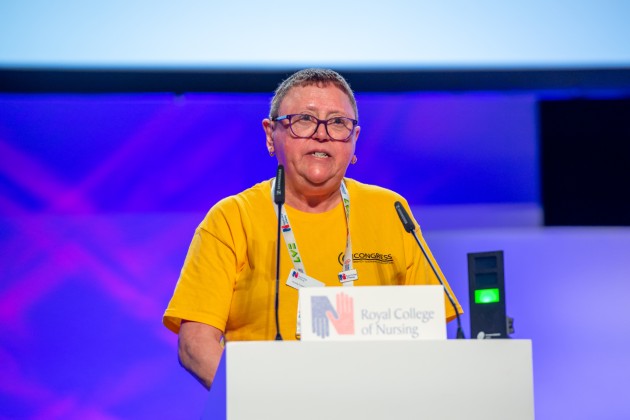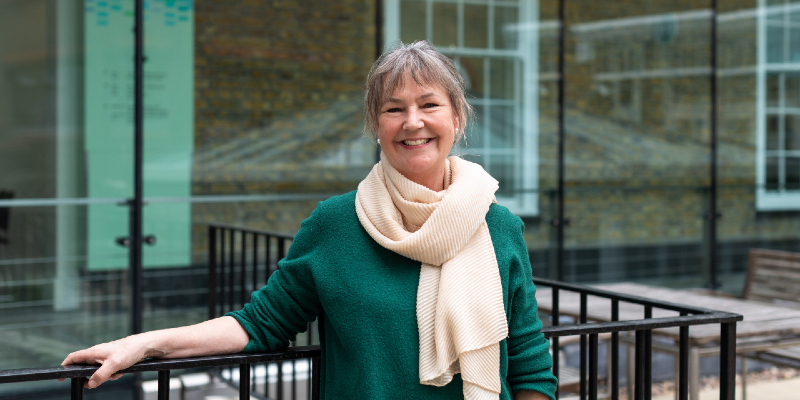News
RCN hosts first anti-racism summit
Attendees were introduced to phase one of the plan to transform the RCN into an anti-racist organisation and had discussions around what this would look and feel like.

Connect with us:
The anti-racism working group includes former RCN President Dr Cecilia Anim CBE, RCN London Board Chair Jim Blair, RCN Fellow Dr Lola Oni OBE and RCN Fellow Dr Ruth Oshikanlu OBE.
The group has planned a number of summits throughout 2024 to meet with selected members to learn more about their experiences as global majority members and make recommendations about the policies and process that need to be transformed in order to deliver equity. The first summit was an opportunity to share the plan and consult on the direction of travel.
Throughout the event, there was recognition that it’s not simply about saying we’re an anti-racist organisation, but undertaking the serious transformational work required to make this a reality. Our approach to this work centres around the lived experience of members and sees us partnering with members who are subject matter experts.
At the summit there was debate and groupwork around what a successfully anti-racist organisation would look, feel and sound like for members, with a chance for feedback on what they’d heard and anything else they would like to see the RCN do.
Delegates heard from Sheila, who said: “When I put myself forward to stand for President of the RCN, I was steadfast in my commitment that equity, diversity and inclusion would be a priority for me – and that I would personally drive forward the agenda.
“It is not enough to be passively ‘not racist’ to ensure our right to equity or to be an ally to those who are constantly put at a disadvantage. We must leave no stone unturned as we proactively seek out and eradicate discriminatory behaviours and processes engrained not just in our own organisation, but in our workplaces and our society at large.”











